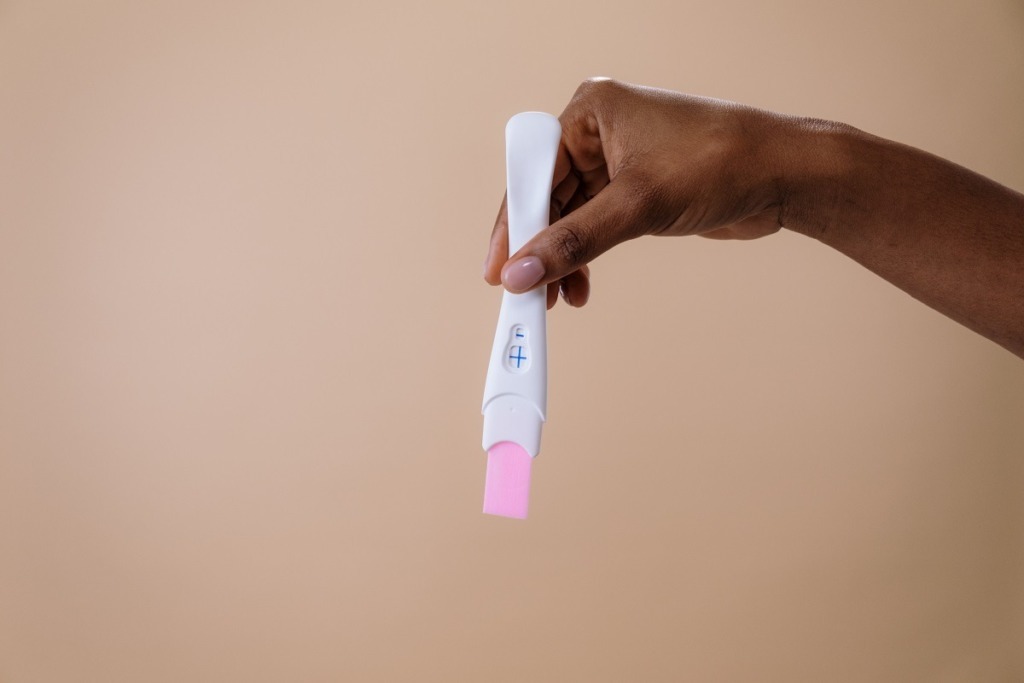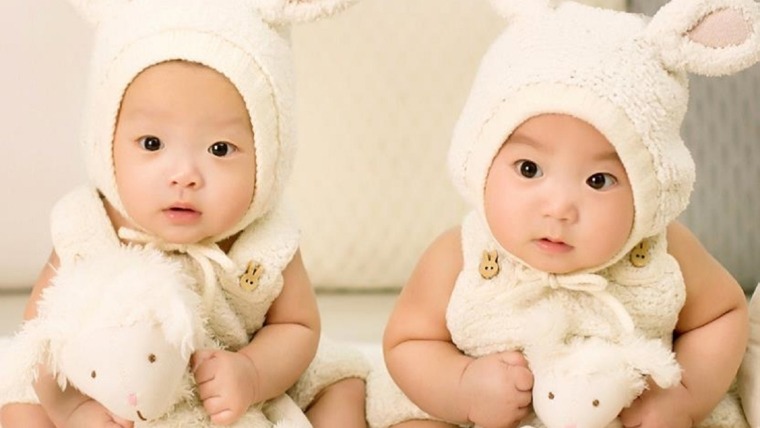
Written by Dr Raewyn Teirney, a world-leading fertility specialist and gynaecologist.
Miscarriage. It certainly is one of the most heartbreaking tragedies to occur for anyone trying to begin or grow their family. Harrowing, devastating, and isolating, a miscarriage can make both partners in a relationship feel as though they are not worthy, or that they are to blame. Please, never feel as though you are alone, that ‘it’s just you’ or ‘it’s your fault’. None of these scenarios is true are you should never, ever blame yourself or anyone else.
The fact is that around the world one in four pregnancies worldwide sadly will result in pregnancy loss. In fact, The World Health Organisation reports a miscarriage rate of between 10 to 15 per cent of women who knew they were pregnant. And that is just the cases that are reported.
Try Not To Lose Hope After Miscarriage
Pregnancy loss is utterly heartbreaking and it's totally understandable that you would be hesitant to try again. But you can proceed with babymaking despite your fertility struggles. Thanks to modern medical procedures - many of which are minimally invasive, if at all - we can help reduce the risk of you suffering another miscarriage. During my 25plus years as a fertility specialist, I have seen so many patients (in fact, most of them) overcome their fertility struggles and go on to achieve a beautiful family. SO, it is possible, and I do urge you not to give up hope.
Multiple Pregnancy Loss
Having said that here are a small percentage of couples who do unfortunately experience multiple pregnancy loss. We refer to this ‘recurrent miscarriage’, which is when a woman has three or more consecutive pregnancy losses. This happens to less than five per cent of women trying to conceive, according to the Royal Australian College of General Practice.
Why Did I Lose My Baby?
We really don't know the exact reason for this, as every pregnancy is unique. It is estimated though that around 70 per cent of miscarriages are due to a condition, or phenomenon, known as random chromosomal abnormality with the implanted embryo. The likelihood of this happening can increase with age. Women trying to conceive at a later age in life may struggle to carry a baby to full term. In fact, the likelihood of miscarriage rises to 50 per cent after the age of 43.
However, please always remember that it is not your fault – it is a completely random event. Other fertility struggles and reasons for pregnancy loss or miscarriage may be linked to a long list of possible genetic variations. These can include uterine variations, immune conditions, blood clotting disorders, thyroid problems, and hormone imbalances. Once again, please don’t ever blame yourself.
When Miscarriage Happens When Miscarriage Happens When Miscarriage Happens



